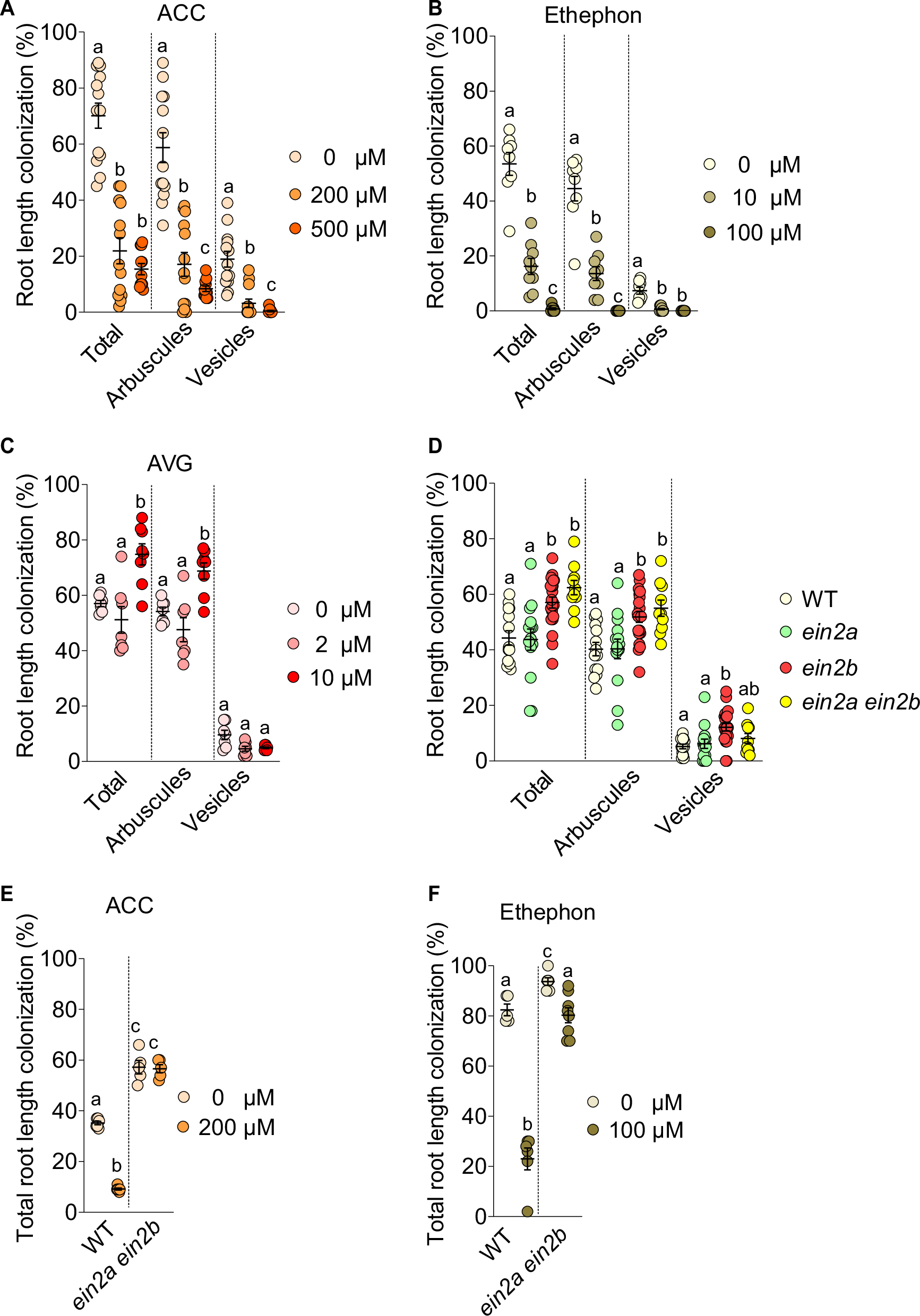2025-03-06 マックス・プランク研究所
<関連情報>
- https://www.mpg.de/24305738/hormones-determine-whether-plants-form-partnerships-with-fungi
- https://www.nature.com/articles/s41467-025-57222-w
エチレンはSMAX1の蓄積を促進し、アーバスキュラー菌根の共生を阻害する Ethylene promotes SMAX1 accumulation to inhibit arbuscular mycorrhiza symbiosis
Debatosh Das,Kartikye Varshney,Satoshi Ogawa,Salar Torabi,Regine Hüttl,David C. Nelson & Caroline Gutjahr
Nature Communications Published:27 February 2025
DOI:https://doi.org/10.1038/s41467-025-57222-w

Abstract
Most land plants engage in arbuscular mycorrhiza (AM) symbiosis with Glomeromycotina fungi for better access to mineral nutrients. The plant hormone ethylene suppresses AM development, but a molecular explanation for this phenomenon is lacking. Here we show that ethylene inhibits the expression of many genes required for AM formation in Lotus japonicus. These genes include strigolactone biosynthesis genes, which are needed for fungal activation, and Common Symbiosis genes, which are required for fungal entry into the root. Application of strigolactone analogs and ectopic expression of the Common Symbiosis gene Calcium Calmodulin-dependent Kinase (CCaMK) counteracts the effect of ethylene. Therefore, ethylene likely inhibits AM development by suppressing expression of these genes rather than by inducing defense responses. These same genes are regulated by SUPPRESSOR OF MAX2 1 (SMAX1), a transcriptional repressor that is proteolyzed during karrikin signaling. SMAX1 is required for suppression of AM by ethylene, and SMAX1 abundance in nuclei increases after ethylene application. We conclude that ethylene suppresses AM by promoting accumulation of SMAX1. SMAX1 emerges as a signaling hub that integrates karrikin and ethylene signaling, thereby orchestrating development of a major plant symbiosis with a plant’s physiological state.

